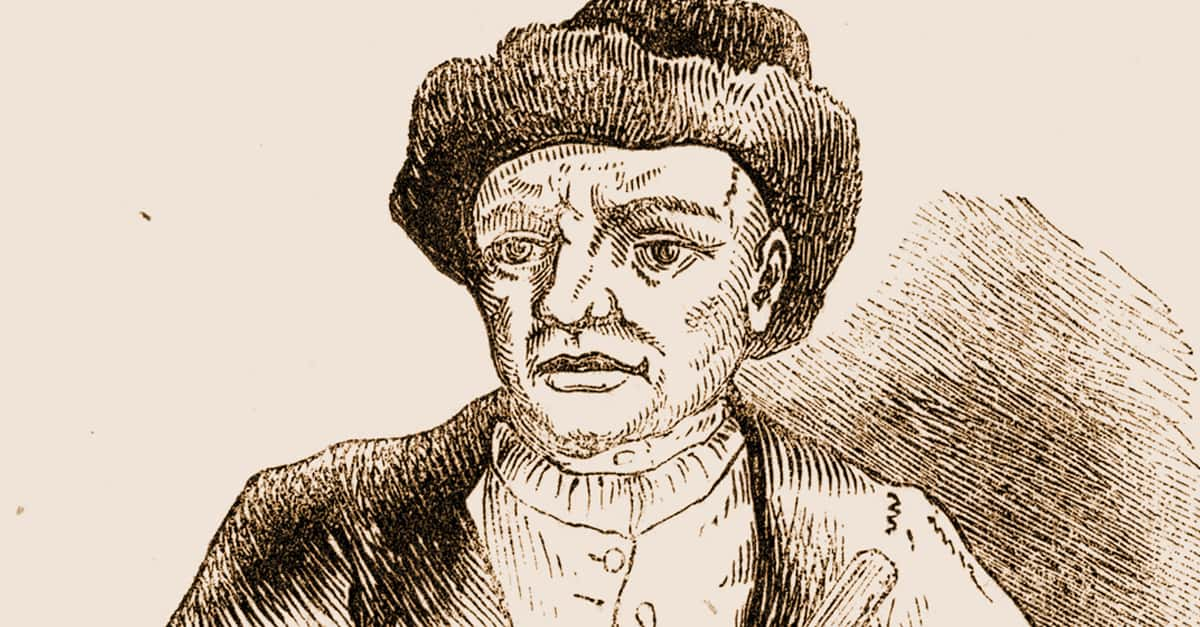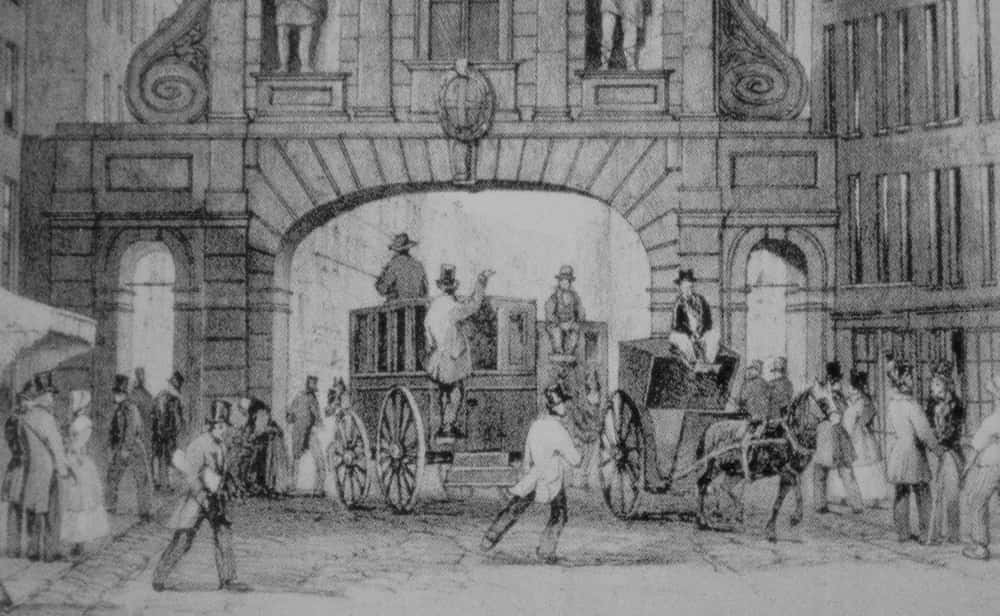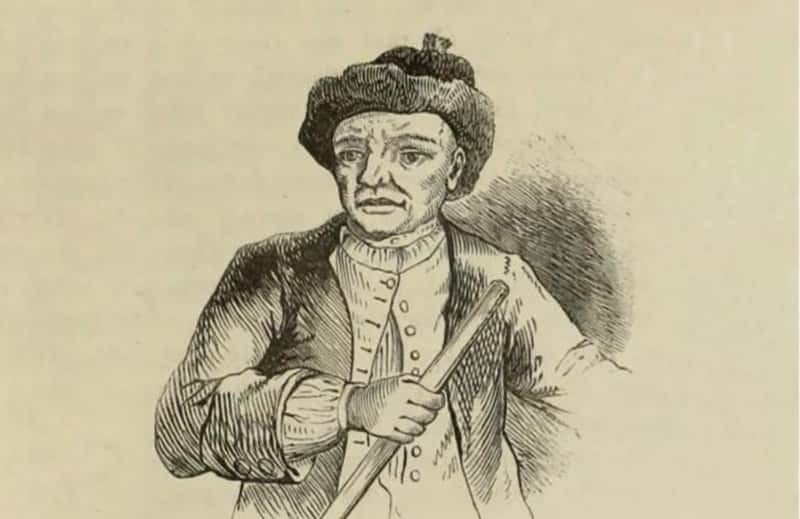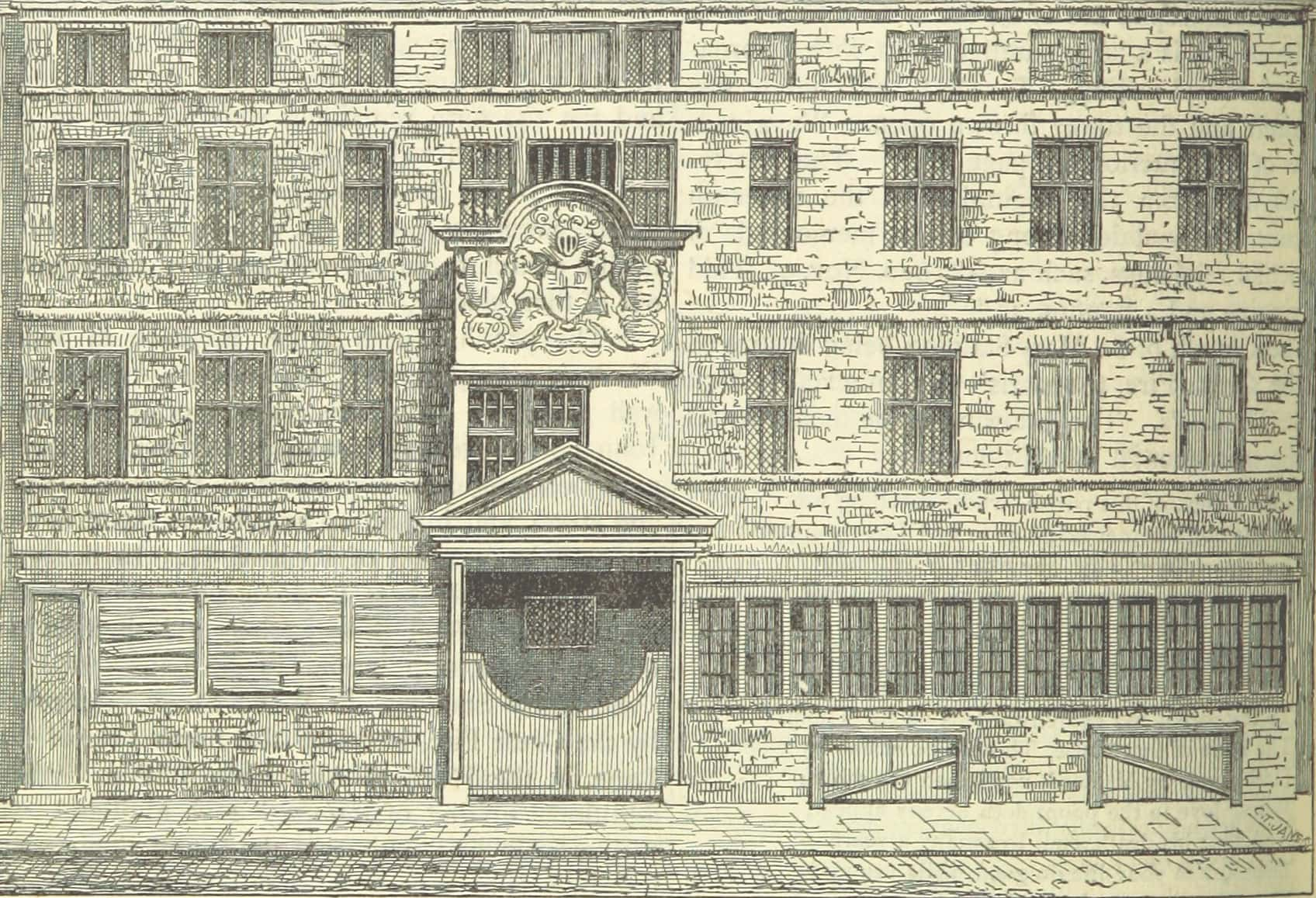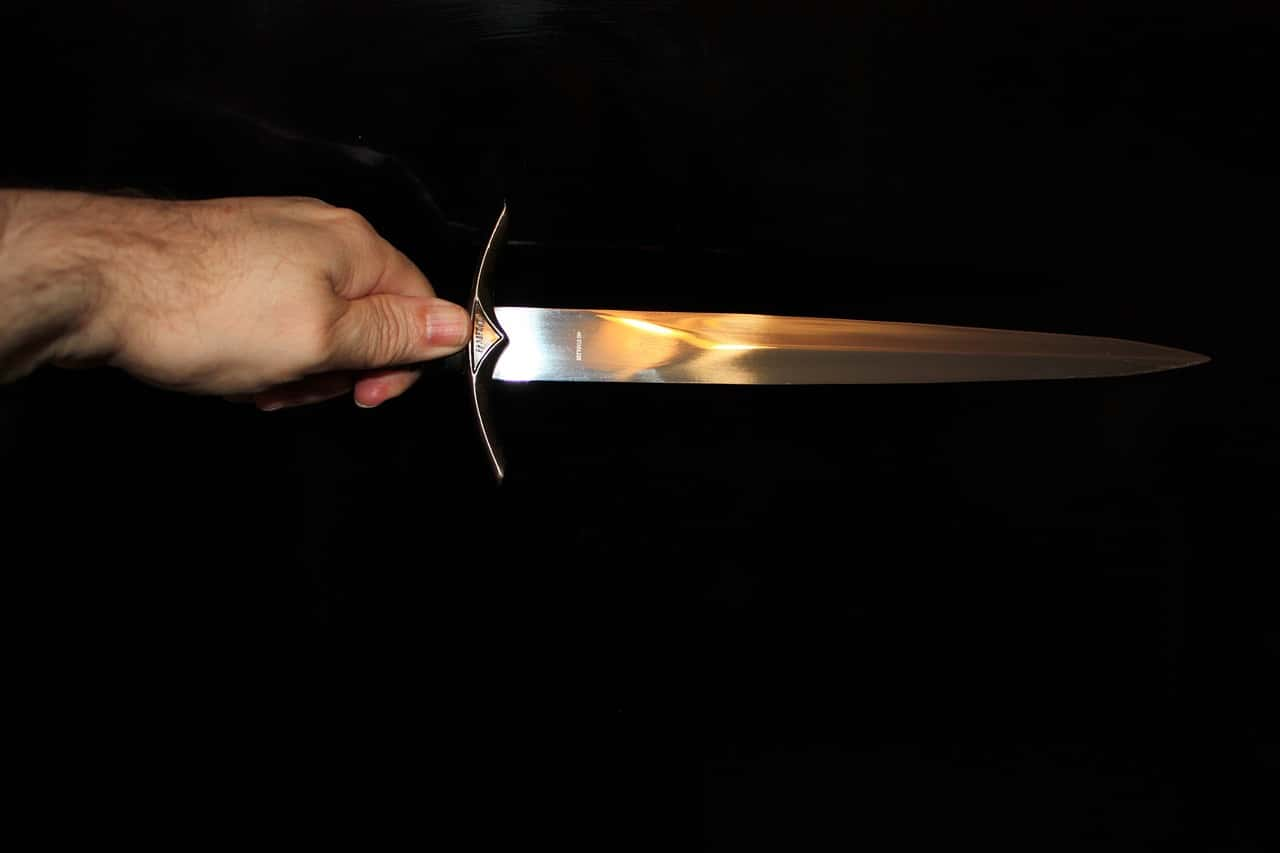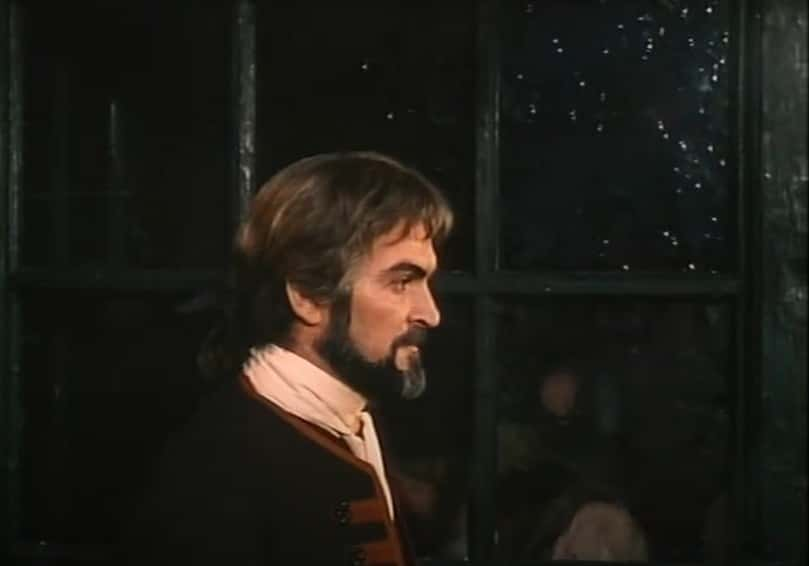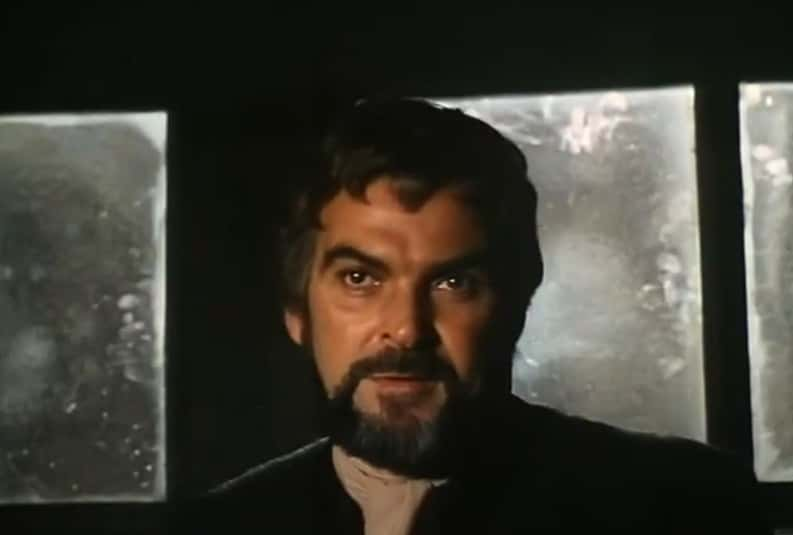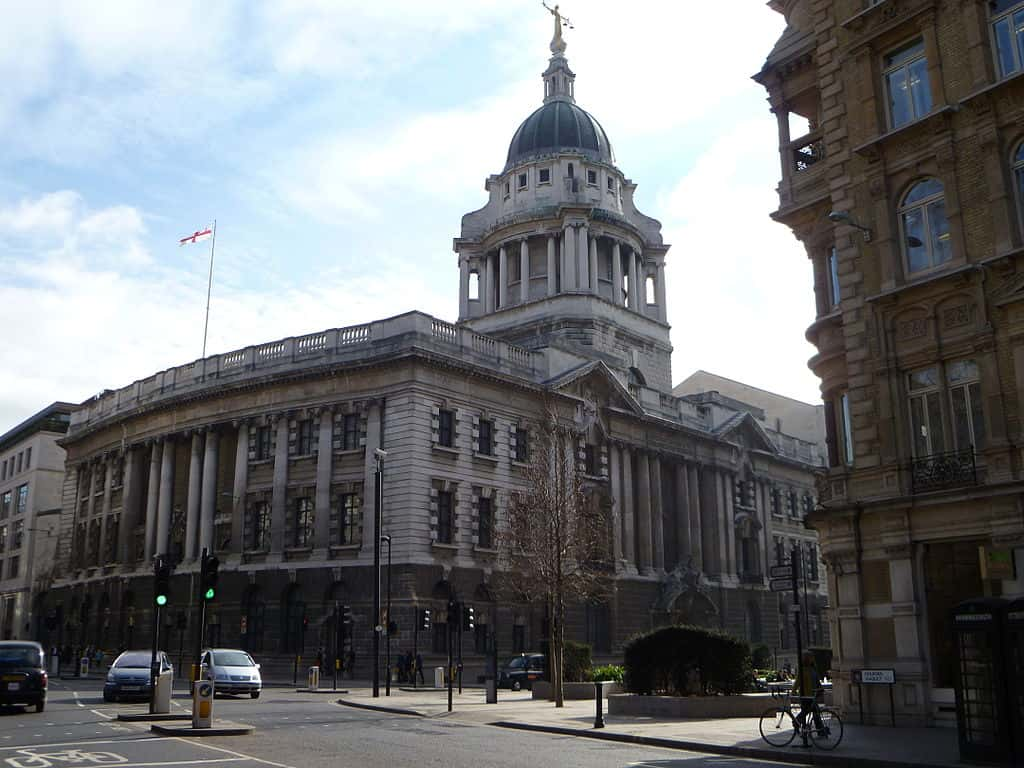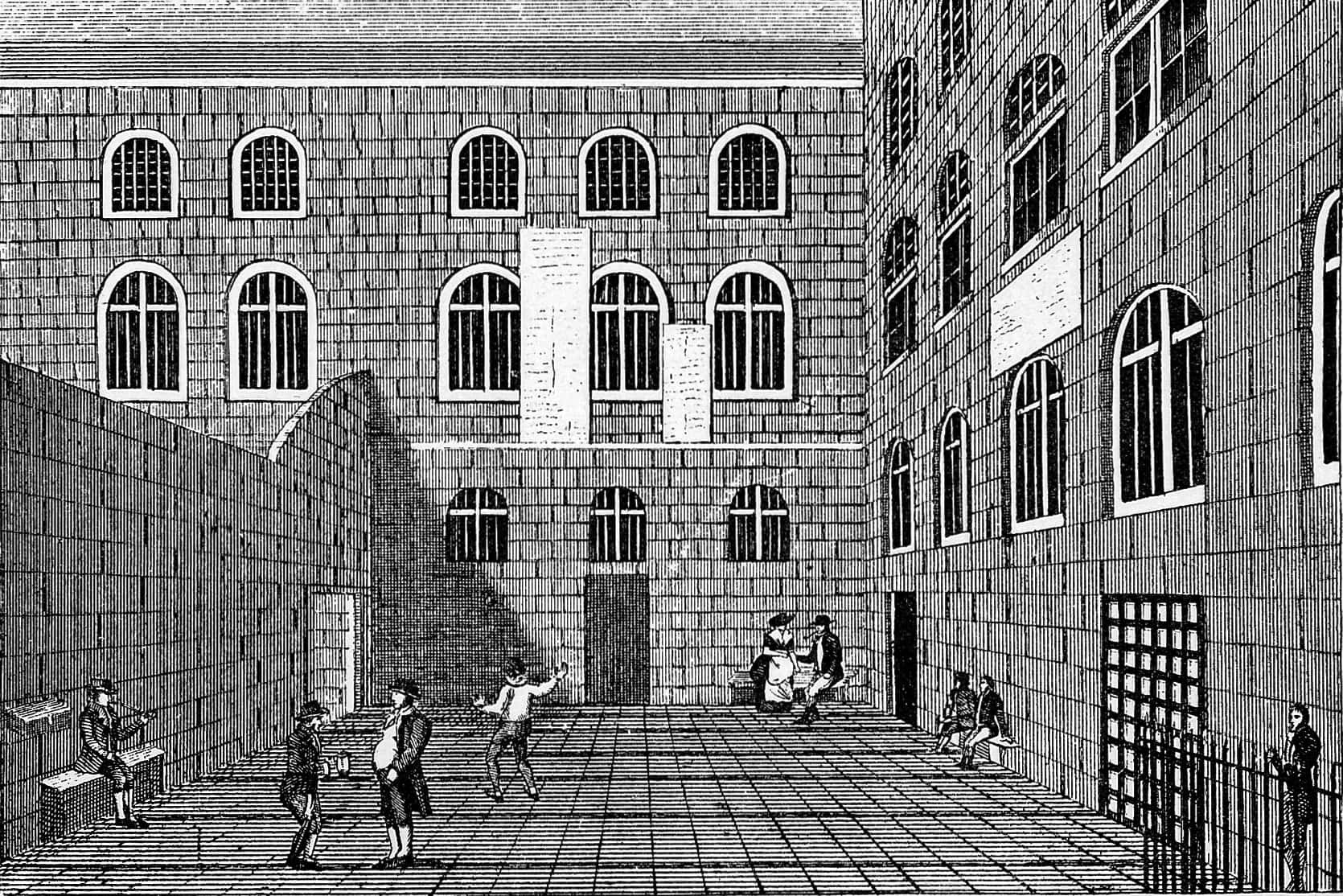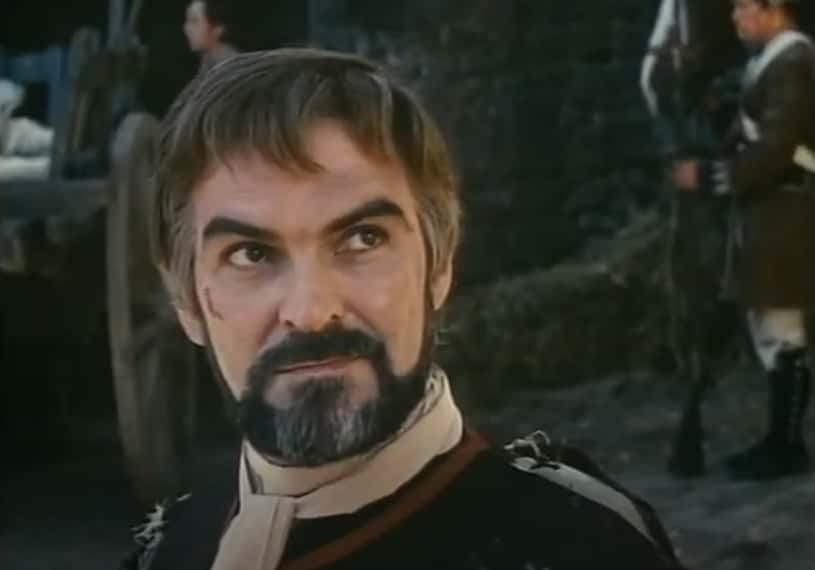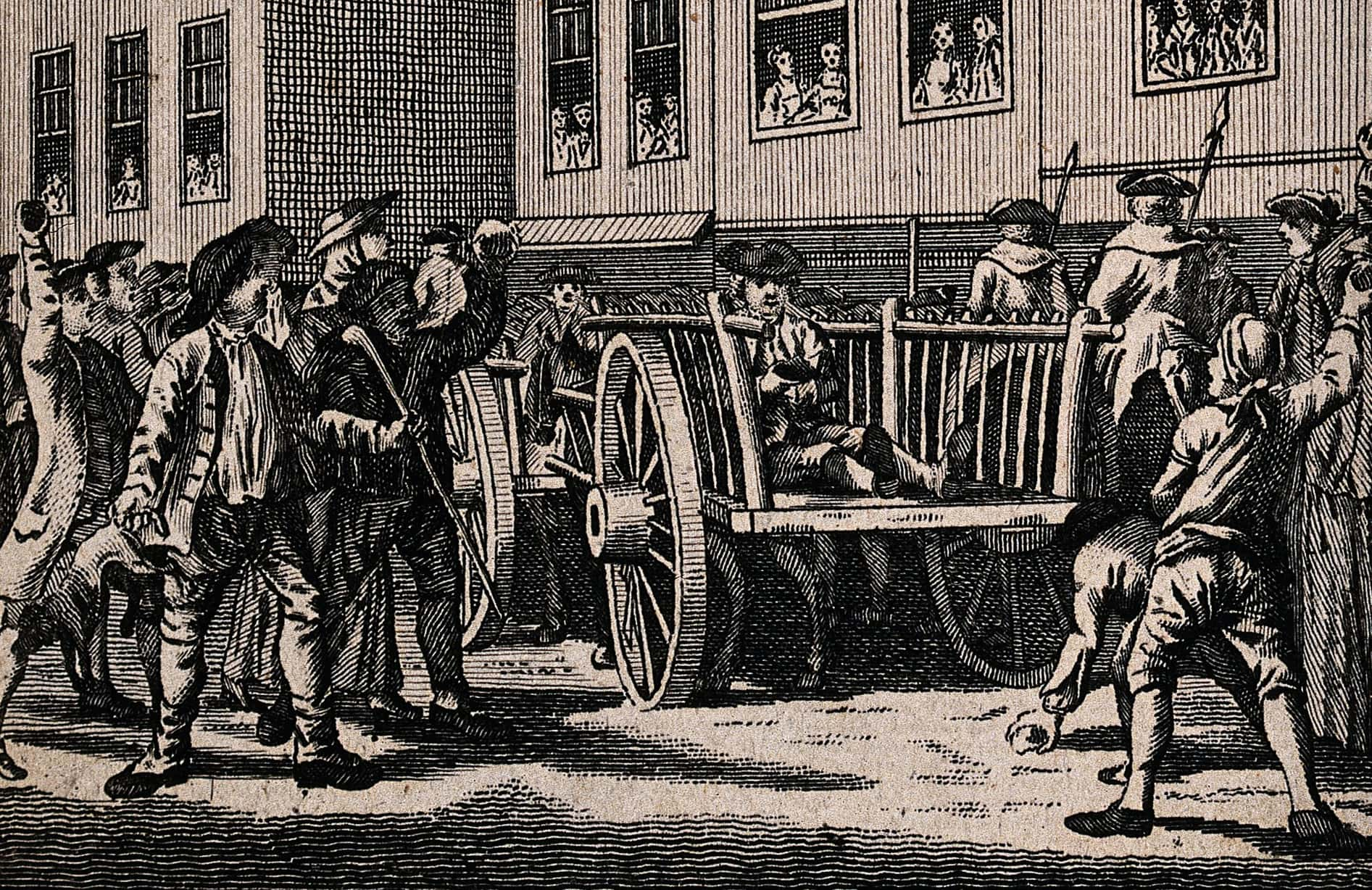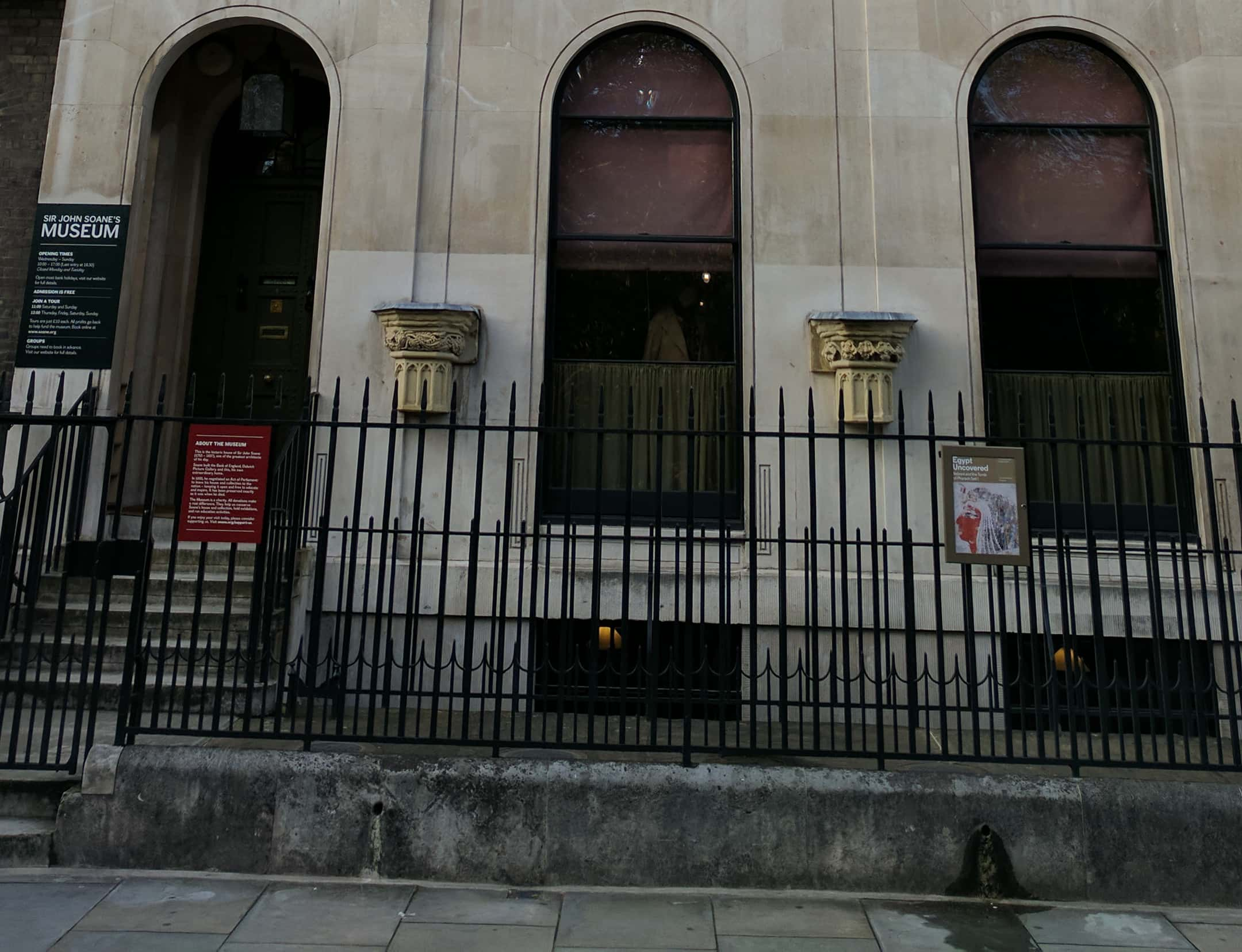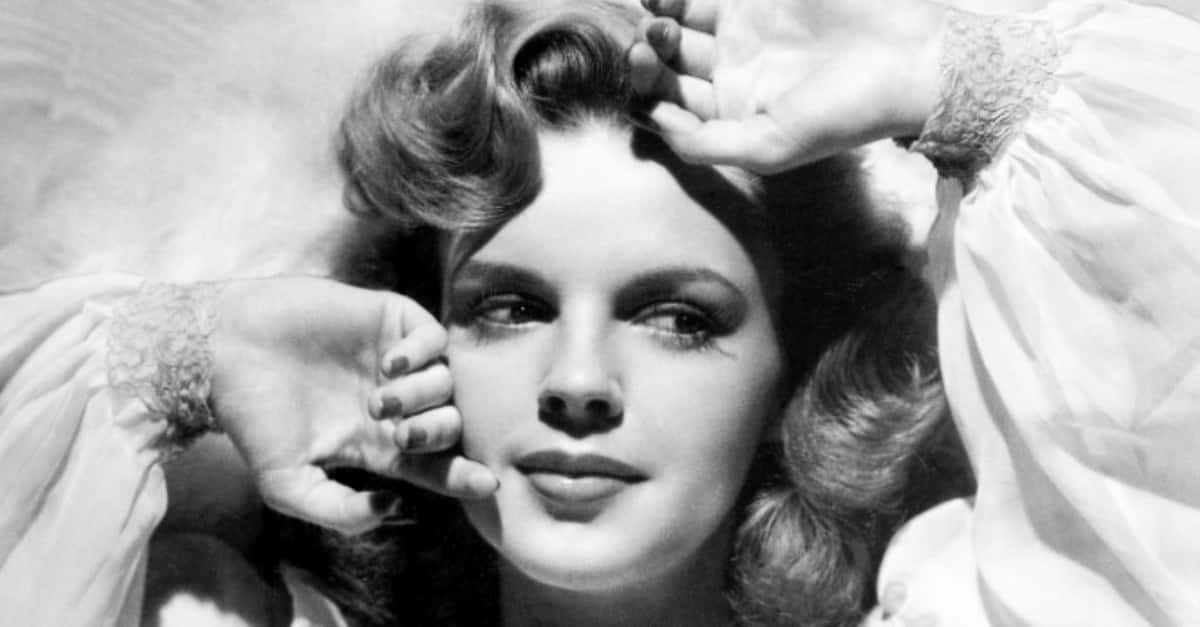London's First Mob Boss
Jonathan Wild’s story is a gritty tale of manipulation, deceit, corruption, and karma. The most famous crook of his time, he knew how to play the system perfectly until the day his lies caught up with him and he had nowhere left to hide. So how did Wild rise to become the biggest rogue in England? What finally led to his brutal downfall? Brace yourselves as we unveil these sensational facts about London's infamous thief-taker.
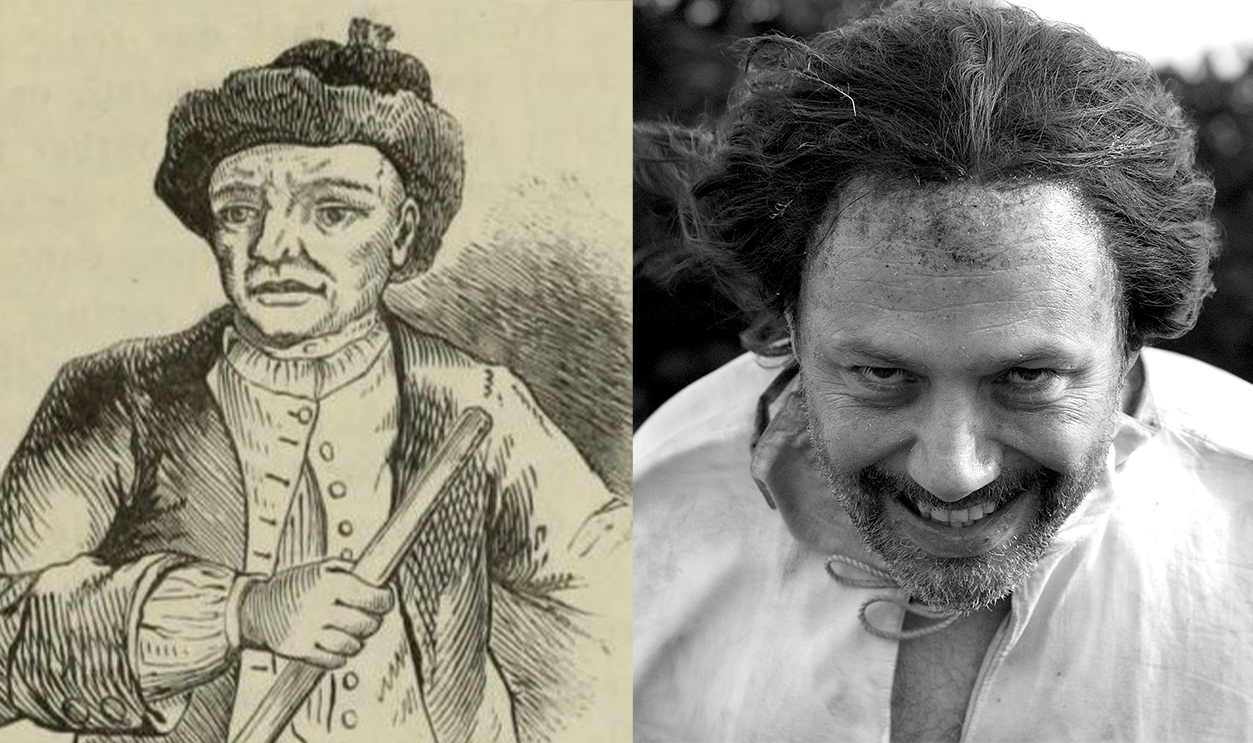
1. His Childhood Was Uncomfortable
Jonathan Wild was dealt a terrible hand in life. He was born either in Wolverhampton or the nearby village of Boningale around 1682 to a cripplingly poor family. Wild was the first of five kids, and his parents struggled to make ends meet, with dad taking on carpentering jobs and mum selling herbs and fruit.
Wild knew what it was like to have nothing—and he'd eventually go to grim lengths to crawl out of the sewer.

2. He Had Different Career Plans Initially
Wild didn’t start out on the wrong side of the law. He studied at the Free School in St. John’s Lane and became a bucklemaker’s apprentice at 15. He learned the trade for seven years and became expert enough to start his own business. However, at the end of the day, Wild was a restless spirit. He decided he needed to go to London to try his luck. He didn't know it, but he was starting off on a dark path that would change him forever.
3. He Married Young
The worst part about Wild's move wasn't just that he left his business behind—he left behind a young wife and child as well! He’d married in his teens and had a baby soon after. We don’t know what became of the unfortunate girl or her child, but knowing how Wild fared, she was better off without him!
4. He Quickly Got In Trouble
It didn't take long for Jonathan Wild to make a reputation for himself. There are conflicting reports about how Wild spent his early years in London; the jury’s out on whether he worked as a servant or had his own business as a bucklemaker. What is undeniable though, is that two years later he was in Wood Street Compter, a debtors’ prison. Wild got a rough lesson on London's dark side—and he was just getting started.
5. He Was A Popular Guy
Wild was a smart guy. He knew he had to get in with the corrupt jailers who were guarding him somehow—and soon enough, he came up with a plan. They came to like him because he ran their errands and shared any money he’d earned. His efforts to woo them paid off: They gave him “liberty of the gate,” which basically meant he could go out at night to catch other wrongdoers.
As you can imagine, this was going to prove an enlightening experience for Wild.
 Ruggiero Scardigno, Shutterstock
Ruggiero Scardigno, Shutterstock
6. He Met A Female Wild
You know what they say: Behind every great man is a great woman. Wild discovered this when he met Mary Mollineux, aka Mary Milliner. He got to know her on one of his nighttime wanderings and she soon introduced him to her own group of courtesans and thieves. This wasn’t the only thing she did for him though...
7. She Taught Him Some Tricks Of The Trade
Meeting Milliner was super good luck for Wild: She filled in the gaps of his “education” by teaching him all she knew about fraud and thievery. Her crooked friends also helped Wild learn enough to be able to take care of himself once he could leave prison in 1712. Did that mean he didn’t need Milliner anymore though? Not by a long shot—though she probably wished he didn’t after a while.
8. They Partnered Up
Wild and Milliner's relationship blossomed, and they started living together despite the fact they were both married. They also went into “business” together, which entailed Milliner luring men into shady corners where Wild would be waiting to rob them and run away. Pretty much a match made in heaven, this one.

History's most fascinating stories and darkest secrets, delivered to your inbox daily.
9. They Had A Booming Business
Pretty soon Wild and Milliner had collected enough money to buy a pub. The King’s Head quickly became a gathering place for wrongdoers and people on the run from the law. Many shady deals went down on its premises, and Wild now had a kind of headquarters to connect with other people like him.
These connections and confidences led to his next gig.
10. He Found A New Calling
Talks with pub regulars helped Wild decide to switch career paths and become a fence. In other words, he was the middleman: He’d take pilfered items, sell them at the best price, give a cut to the thieves who’d nicked the goods, and keep the rest. It was a good side-hustle, though it didn’t last long. Soon enough, Jonathan Wild would be on to bigger and better things.
And what happened to Milliner in the meanwhile? Unfortunately, nothing good.
11. He Parted Ways With Milliner
Nightmare Ex: That was Jonathan Wild. Mary may have introduced him to her world of deception and trickery, but he’d graduated with leaps and bounds and had no more use for her. The couple decided to call it quits after months of bitter fights. But Wild’s parting shot was his cruelest yet: He cut off Mary’s ear with a sword after an argument.
Seriously dude? After all she did for you?
12. He Chanced Upon A New Initiative
After treating his ex terribly, Wild realized he needed a new way to move his lifted goods. He hit on a plan quite by accident when he saw an ad offering a reward for an item in his possession. He turned it in, claiming he’d got it off a thief he was chasing. The reward was significant enough for him to decide how to change things up. It was time for him to take his business to the next level.
13. He Modified His Business Model
Jonathan Wild hired a few thieves who worked specifically for him. He’d wait for their theft to make it to the papers; then he’d come forward to return the goods to the unsuspecting victims, claiming his agents had found the items while trying to catch burglars. The victims, who weren’t terribly bright imho, would reward him handsomely.
But this eventually led to a darker method of making money.
14. Unscrupulous Was His Middle Name
You may have thought the worst part of Wild’s money-making scheme would be his posing as a hero in front of his victims while being the evil mastermind who orchestrated the burglaries. Nope, it got a lot worse than that. Not only did he keep the major chunk of reward money himself, he turned in anyone who grumbled about the arrangement!
You can guess what that led to…
15. He Earned A New Title
Jonathan Wild had no morals whatsoever, and no problem with turning in the men who’d burgled for him to get richer. Eventually, London knew him as an infamous thief-taker—basically an unofficial lawman. Olden-days London didn’t have a formal law-enforcement system, and they pretty much hired anyone to join their unofficial force. As you can imagine, this led to some pretty shady people taking the law into their own hands—people like Wild.
16. Popularity Brought Him Opportunity
Wild’s notoriety brought him to Charles Hitchen’s notice. Hitchen was London’s Under Marshal, or top law-enforcer, a position he obtained through payoffs and corruption. Told you Old London didn’t believe in background checks! To add to his general undesirability, Hitchen blackmailed money out of people. So why did he want Wild? Let's find out...
17. His Avenues Expanded
Hitchen reached out to Wild after his suspension to ask him to become an assistant thief-taker for him. On paper that meant Wild would help Hitchen's men apprehend outlaws; in reality, he’d do what he’d done by himself, on a bigger scale. Hitchen took money from pickpockets and bordello owners—a “tax” if they didn’t want to end up in prison.
Wild had his reasons for joining Hitchen, though he hoped to be rid of him soon. And if you think Jonathan Wild would be content in being “assistant” anything, you know nothing, Jon Snow.
18. He Was A Man With A Plan
Jonathan Wild joined Hitchen because he realized he could make a lot more money following Hitchen's methods. He also knew the suspended Under-Marshal had a huge criminal network and he wanted in on that. Wild’s plan was to intern with the seasoned Hitchen and learn his secrets. ‘Course he didn’t plan on sticking around.
Unfortunately for Hitchen, he underestimated the ambitious Wild, and hiring him would turn out to be a terrible business idea.
19. He Didn’t Want A Boss
Once Hitchen’s suspension was over, he wanted to go back to doing business his own way. Wild wasn’t crazy about the idea, and to Hitchen’s dismay, he found he’d created a monster. Wild had charmed Hitchen's contacts and taken over his network, and his own thief-taking business was thriving. He didn’t need his “boss” anymore.
Did that mean the two men would live and let live, and each run their rackets peacefully? Hah!
20. He Was Fine With Name-Dropping
Wild may have decided to part ways with Hitchen, but he had no qualms in claiming to be his deputy. He set up shop in the Blue Boar Tavern and started running his own thieving empire. Ironically, his new HQ sat near the Old Bailey Courthouse. He undoubtedly would have looked upon it most days—totally unaware of the crucial role it would play in his life later on.
For now, he was busy taking over London one thief at a time—and that meant he had to look the part too...
21. He Craved Authenticity
You can’t claim to be the Under-Marshal’s deputy and not look like one! In an effort to appear genuine and well-to-do, Wild added a sleek sword to his everyday look. He carried it everywhere, so it kinda became his signature style.
22. He Clashed With Hitchen
Well, really, Hitchen wasn’t the sharpest tool in the shed if he didn’t see this coming. Of course, Wild didn’t want to share what he now considered his stomping grounds with anyone, even if the guy had been his boss until a minute ago. He started staking his claim by incriminating Hitchen’s men in thefts. Hitchen realized Wild meant business, and he had to act fast if he wanted to retain the upper hand.
23. Hitchen Hit Back
A man’s gotta do what a man’s gotta do, and Hitchen knew he had to beat Wild at his own game. He decided to do this by publishing a pamphlet that hinted at the latter’s real character. But the guy just wasn’t smart enough: For starters, he didn’t even mention Wild by name, and secondly, he just wasn’t a good writer. No one took him seriously.
Kinda makes you wonder how he’d been so successful earlier.
24. He Was No Match For Wild
Jonathan Wild’s response to Hitchen’s pamphlet was ruthless. He published his own “answer” to it, detailing Hitchen’s frequent visits to “molly-houses” (call-houses for gay men). Considering this was the 18th century and homosexuality was considered a depravity and a sin, Wild completely destroyed Hitchen’s reputation and career.
The Under-Marshal tried to retaliate by publishing another anti-Wild pamphlet, but it was too late. His previous suspension, combined with Wild’s current accusations, had already incriminated him in the public eye.
25. He Suffered The Consequences
Wild had eliminated Hitchen as a direct threat to him, but Hitchen still had far to fall. Wild's accusations eventually led to Hitchen being tried and convicted. The authorities sentenced him to be locked in a pillory then imprisoned for six months. He passed soon after, probably as a result of all the injuries he sustained at the pillory, when London's merciless crowds stoned him and beat to a pulp.
Clearly, you didn’t want to make an enemy of Jonathan Wild…
26. Wild Levelled Up
Meanwhile, Wild was doing super well in his role. So well, in fact, that he declared himself “Thief-Taker General” because he’d successfully sent around 40 men to the gallows for thievery and dishonesty by then. Yes, that’s 40 men who’d crossed him, or were on the other side. Karma is real though, and there was going to be someone, sooner or later, who took him down as well; but we're not quite there yet.
27. He Had Friends In High Places
Even the Privy Council consulted Wild on how to make London safer. He was friends with bailiffs, and even entertained government officials at his home. Not to mention, he was always dropping by the Justice of Peace’s offices because they were so obliged to him for keeping thieves off the streets and making their lives easier. London would eventually learn the dark truth, but for now, Jonathan Wild was living large.
28. He Was On Top Of His Game
Apart from his connections, Wild also had gangs all around London working for him. He even had an international link! He sent any looted goods that remained unclaimed to Holland and Flanders, and had his men smuggle lace, brandy, and linen from there back into London. However, spreading himself so thin would eventually contribute to his downfall, as we shall see below.
29. He May Have Invented The Double-Cross
Legend has it that Wild had a ledger in which he wrote the names of all the men working for him. If he was unhappy with one of them, he’d put a cross next to their name. This didn’t mean much until the same person upset him once more, leading to another cross. That was fatal: Wild would inform the Crown about the man, which generally meant the gallows for him.
People have long thought this process was the origin of the term "doublecross," though it's hard to say if it's true or not.
30. He Had A Law In His Name
Unsurprisingly, some politicians (mostly Tories) kinda started getting suspicious of Wild as time passed. The problem was that they had no evidence against him, but they still decided to pass the “Jonathan Wild Act” in the Parliament. This made it an offense to earn a reward for helping someone recover burglarized items unless the thief was also prosecuted.
Nothing deterred Wild from doing just what he wanted though.
31. He Adapted His System
The law didn’t do much to stop Jonathan Wild. In fact, some sources claim it helped him because there was no way any thief could claim a reward for snatched goods on his own now; they all had to go through Wild, who had a reputation for finding goods and catching thieves. In fact, the wealthier classes rallied around him because they believed in him.
32. He Was Popular With The Press
The media loved Wild. He told them tales of how he’d capture burglars, and they published his thrilling accounts for the public to marvel at. One of his most popular stories involved catching 21 members of a gang in 1724. The readers read it as his commitment to law and order; in reality it was just gang politics.
33. He Found A Worthy Nemesis
There was bound to be one man whom Wild couldn’t control. Someone who wouldn't be as easy to send to the gallows as the others. That man turned out to be Jack Sheppard, a young Cockney burglar who’d endeared himself to the public with his wit and presence of mind. Sheppard worked with Wild initially, but soon went his own way. Of course, that meant Wild wanted him caught and punished. This would not be easy though, as he’d soon discover.
34. His Nemesis Was As Slippery As An Eel
Remarkably, Wild managed to catch Sheppard four times, but each time the irrepressible carpenter-turned-burglar would manage to escape. He became a symbol of resistance for the Londoners, many of whom were rooting for him to stay free. Public opinion soured against Wild for pursuing Sheppard so doggedly, and for eventually giving evidence against him which would lead him to the gallows.
But getting Sheppard had become an obsession for the thief-taker.
35. He Caught Sheppard’s Partners
Sheppard may have been an escape artist par excellence, but his partners weren’t as skilled, or lucky. Wild managed to apprehend Jack's brother Tom, who received a sentence for transportation, which basically meant the Crown shipped him to the boonies. But Sheppard’s other partner didn’t fare so well...
36. He Ensured Their Ruin
Jonathan Wild’s men picked up Sheppard’s other partner, Joseph “Blueskin” Blake, a highwayman who’d also colluded with the thief-taker in the past. The court sentenced him to the gallows on Wild’s evidence against him. Blueskin appealed to Wild personally, pleading for a reduced sentence. Wild refused—and probably regretted it for the rest of his life.
37. He Didn’t Remain Unscathed Himself
Blueskin was so distraught at Wild’s refusal that he flew at the thief-taker and pierced his throat with a pocket-knife he’d been carrying. Wild collapsed, but his men rushed him to a surgeon immediately. He spent several weeks in bed, recovering from this near-fatal blow. Unfortunately, this recovery period cost him dearly.
38. His Misfortune Helped Sheppard
Blueskin’s attack on Wild created a huge diversion at Newgate Prison, giving Sheppard his fourth and final opportunity to escape. Unfortunately, his freedom lasted just two weeks. The officials who caught him next placed him under super-high surveillance. All sorts of people came to see the famous thief; many wrote to the king to reduce his sentence.
Little did Wild know that his evidence against Sheppard and Blueskin would be the beginning of his downfall.
39. He Missed Sheppard’s End
While Wild was recuperating, Blueskin’s hanging took place on November 11, and five days later the authorities brought Sheppard to the gallows. He’d been given the opportunity to buy freedom at the cost of naming his burglar friends. However, Sheppard refused and went to the gallows readily, with a whole crowd cheering for him, then mourning once he dropped.
Jonathan Wild’s own end would be a stark contrast to this triumphant demise.
40. His Popularity Waned
Jonathan Wild got up from his sickbed to discover that the public mood had changed considerably against authority figures such as him. People were still unhappy about Sheppard’s end, and they had no sympathy for Wild’s injury. This, added to the fact that his men didn’t really seem to be in his control anymore, made him feel very insecure—and this led to some hasty/terrible decisions.
41. Some Of His Deals Went Awry
Remember the boats of looted goods Wild would send to Holland? Well, one day, on the way back, the captain discovered some smuggled lace was missing. Things heated up, and the men blamed each other. While Wild was trying to bail out his captain, someone spilled the beans on him. Officials raided his warehouses, and though he tried to pass off the goods there as belonging to his captain, his standing plunged sharply in the public eye.
42. He Led A Riot
Although Jonathan Wild generally didn’t have a conscience, or any feelings of loyalty for his men at all, he did try to help his captain get out of prison. Perhaps it was because he still misguidedly believed in his untouchability? In any case, he arranged a riot so his man could escape. Unfortunately for him, his nine lives were at an end, and people found out what he’d done.
43. He Clung To His Past
In spite of everything that had happened, Wild still hoped he could go back to his old life eventually. He went into hiding for several weeks and returned to London when he thought that the public would have forgotten about the blip he’d just gone through. Oh Jonathan, surely you knew better. People don't forget things like that so easily...
44. He Ended Up Behind Bars
The thief-taker had switched roles and found it wasn’t pleasant at all to be on the other end: Wild found himself sent to prison and tried in court. He stayed in Newgate prison while he awaited trial, and popular belief is that he tried to run his “business” from there as well. Of course, there wasn’t much business left to run, though we can't blame him for trying.
45. His Past Caught Up With Him
A lot of people came to give evidence against Jonathan Wild. He faced trial for several offences, such as receiving and selling stolen items, sending men to the gallows on fabricated evidence, smuggling, forgery, and many others. His gang members saw the turning tide and came forward to testify against him, afraid they’d end up in his place if they didn’t.
The public was furious that Wild had fooled them for so long. They wanted his blood—and they'd get it.
46. His Fears Came True
The Court sentenced Jonathan Wild to hang. The evidence of one Catherine Statham finally sealed his fate, when she proved he’d pinched 50 yards of lace from her. Horrified by the change in his fortune, Wild pleaded for a reprieve. He felt devastated when the Court denied this. Can’t say I feel bad for him; dude should’ve shown some empathy back when he ran the show.
47. He Wanted Out
Wild totally lost his survivor instinct once he heard the Court’s ruling. He went into a deep depression and stopped eating or going to Church. To make matters worse, his gout started acting up, and it seemed like he was slipping into insanity. He was sane enough to figure taking his own life would be preferable to hanging and tried to take a fatal dose of laudanum.
That just made him sick though. Fate would not spare him from the gallows.
48. His End Was A Spectacle
A massive crowd wanted to watch Jonathan Wild hang from the gallows. The authorities even sold tickets so people could book a vantage spot to view his end. Both Daniel Defoe and Henry Fielding were a part of the crowd, with Defoe claiming that the crowd was the largest he’d seen for a hanging. People jeered and threw things at Wild once he appeared.
If you feel bad for Wild, just remember, he put 60 men on the gallows too. Not exactly innocent here...
49. His Final Moments Were Tragic
No matter what his offenses were, Jonathan Wild's demise wasn’t an end you could wish for anyone. The crowd made such a racket that the priest had a hard time praying with the men doomed to hang that day. The hangman had known Wild and tried to give him a few extra minutes, but he couldn’t wait long. The people were getting restless.
Thus ended the Thief-Taker General’s life, on May 24, 1725.
50. His Body Disappeared
Back in 18th-century London, surgeons dug up executed convicts’ bodies to dissect them. Though Wild’s wife (of the moment) tried to ensure a proper burial for her husband, some surgeons dug up his body a few days later so they could perform an illegal dissection on the infamous thief taker. At least they saved his skeleton, and it is still on display at a museum in Lincoln’s Inn Fields.

